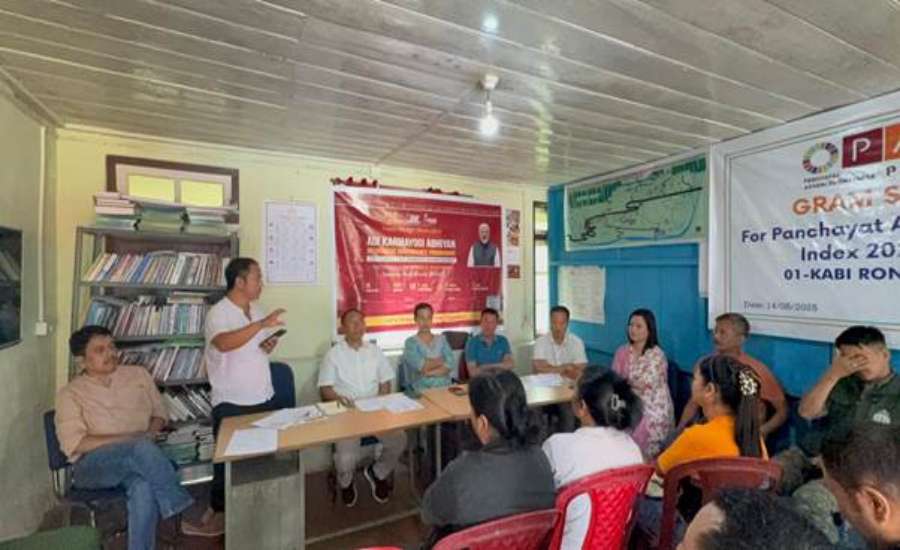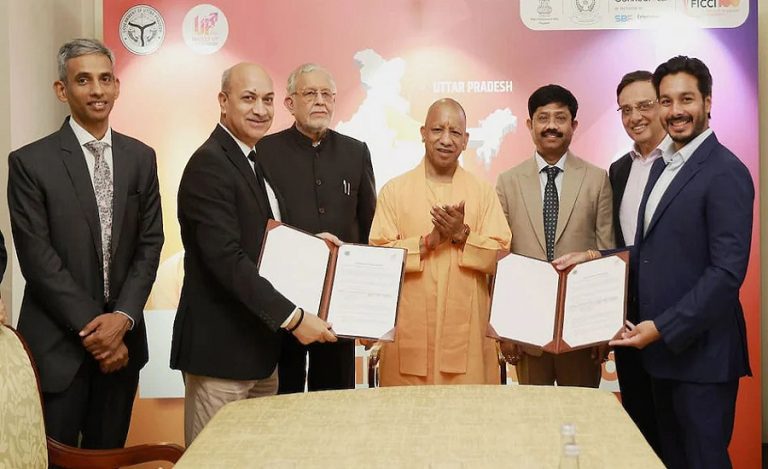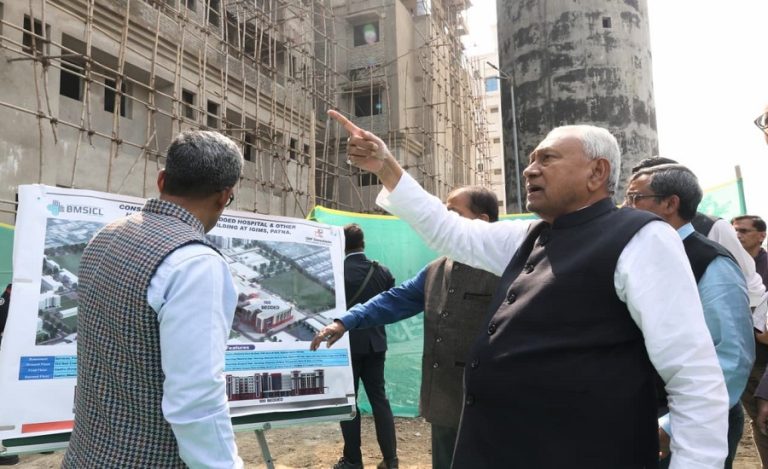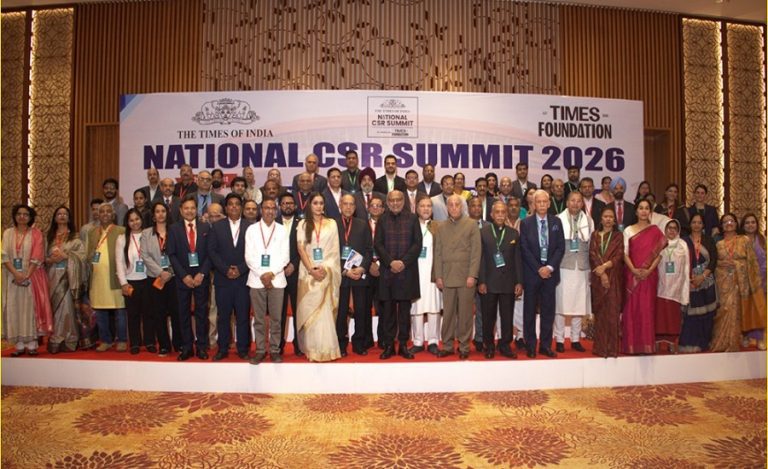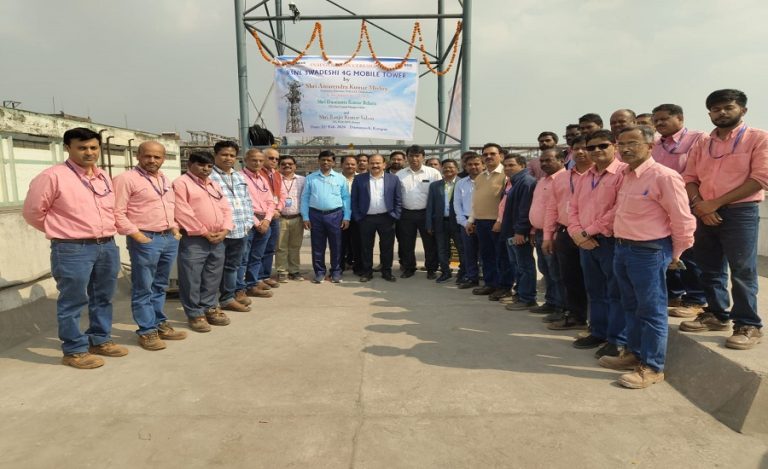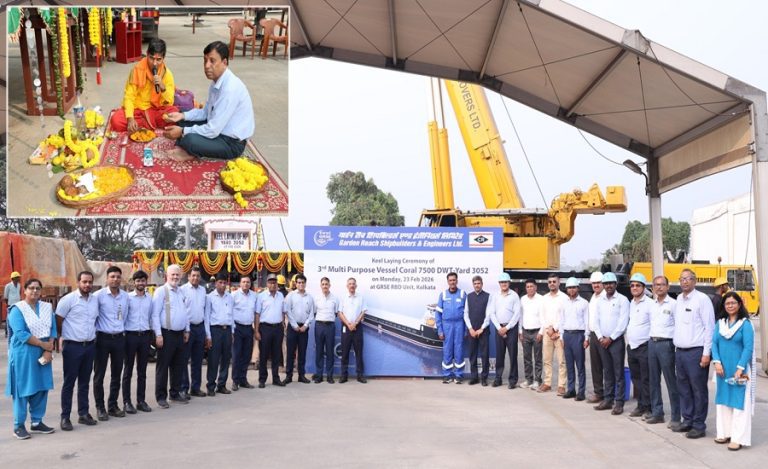In a major step toward inclusive governance, the Ministry of Tribal Affairs orchestrated the first nationwide public hearing event titled Jan Sunwayi on 13 November 2025. This effort spanned more than 25,000 Adi Seva Kendras (ASKs) across India, marking a significant milestone in tribal citizen engagement.
The drive aligns with the larger celebratory mood of Janjatiya Gaurav Varsh (JJGV)—a year-long commemoration of the 150th birth anniversary of Bhagwan Birsa Munda, a key tribal freedom-fighter and icon of tribal rights.
Background of Jan Sunwayi
The concept of Jan Sunwayi revolves around enabling tribal communities to voice grievances, access schemes, and engage directly with administration at the local level. Under JJGV, this mechanism was deployed to strengthen the network of Adi Seva Kendras—dedicated service centres for tribal welfare—to bring governance to the doorstep of tribal habitations.
Read Also: Hemant Soren Fights for Saranda Forest Tribal Rights: CM Vows No Displacement Amid SC Hearing
By holding simultaneous hearings at thousands of ASKs, the government emphasises transparency, prompt grievance redressal and deeper citizen participation—especially in remote and tribal dominated regions.
Importance of the Initiative in Janjatiya Gaurav Varsh
- Over 25,000 ASKs participating in one day means an unprecedented scale of direct interaction between tribal citizens and the state.
- Jan Sunwayi reflects a shift toward bottom-up governance where tribal voices are heard, not just policies delivered.
- Aligning with the birth anniversary of Birsa Munda and Janjatiya Gaurav Varsh gives it cultural-political importance within tribal identity and national narrative.
- Through ASKs, remote populations gain access to grievance redressal and service delivery mechanisms at local level, reducing distance and delay.
Key Challenges to Watch
Despite the promising scope, organising such a massive event faces hurdles:
- Logistical Complexity: Coordinating 25,000+ centres simultaneously across India requires massive human, technical and infrastructural effort.
- Awareness & Participation: Ensuring tribal citizens know about the event, feel empowered to participate and trust the process is non-trivial.
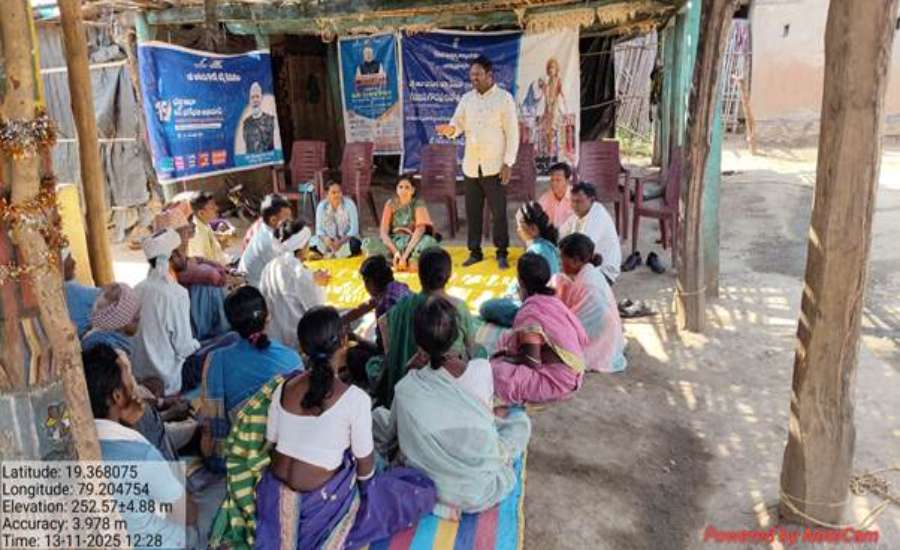
- Follow-Through: Public hearing is only the start—ensuring grievances are truly addressed, schemes reach beneficiaries and the system remains responsive over time is the real test.
- Resource Allocation: ASKs must have adequate staff, infrastructure, digital connectivity and continuity of service beyond the date of the event.
- Monitoring & Feedback: Capturing data, assessing outcomes and ensuring transparency of outcomes at such scale remains a challenge.
Key Implications
For Tribal Communities: A platform like Jan Sunwayi could deepen trust in government systems, increase uptake of welfare schemes and enhance community empowerment.
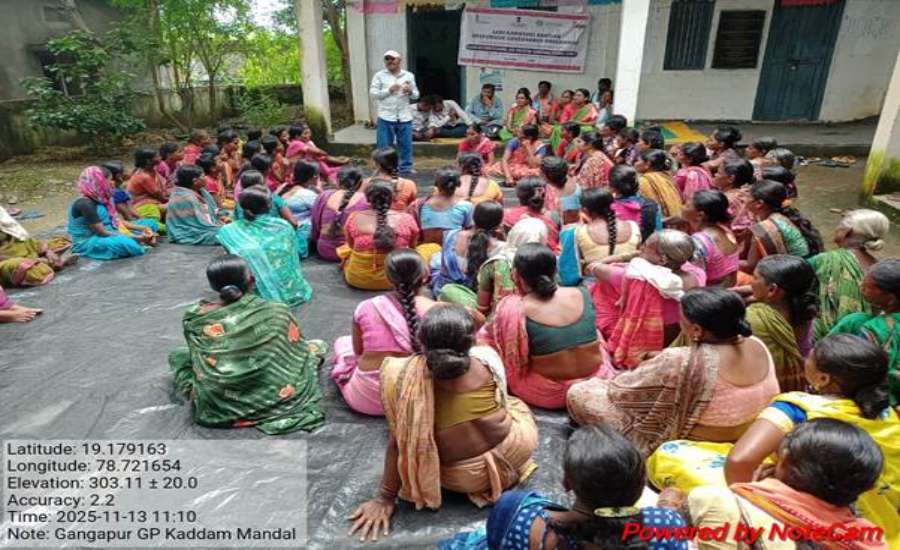
For Governance: This could set a precedent for other departments and sectors, showcasing how large-scale citizen engagement can be institutionalised via local service-centres.
For Policy: The success or learnings from this initiative will likely influence how tribal welfare programmes are designed in the coming years—emphasising local access, participatory monitoring and accountability.
For India’s Development Narrative: It reinforces inclusive growth, bridging the gap between tribal remote zones and mainstream governance, aligning with the vision of a “Viksit Bharat” where no citizen is left behind.
Way Forward
To build on this momentum, the following steps merit focus:
1. Data Capture & Review: Collect and analyse grievances raised, responses given, outstanding issues and time-bound follow-up.
2. Strengthen Adi Seva Kendras: Upgrade physical and digital infrastructure at Adi Seva Kendras so they can become ongoing citizen-service hubs rather than one-day events.
3. Awareness Campaigns: Run pre- and post-event outreach to ensure tribal communities understand their rights, schemes they can access and how to utilise ASKs.
4. Feedback Loop: Publish periodic updates on how many grievances have been resolved, how schemes have been delivered, thereby enhancing accountability.
5. Training & Capacity Building: Equip ASK staff with training in digital grievance management, tribal languages, local customs, and service delivery best-practices.
6. Policy Integration: Link Jan Sunwayi outcomes into broader tribal development policy—housing, education, livelihoods, health—so the process feeds into real interventions.
7. Scaling & Sustainability: While the initial 13 Nov 2025 event is a milestone, the key is sustaining the mechanism and scaling to deeper levels—village, habitations, remote clusters.

